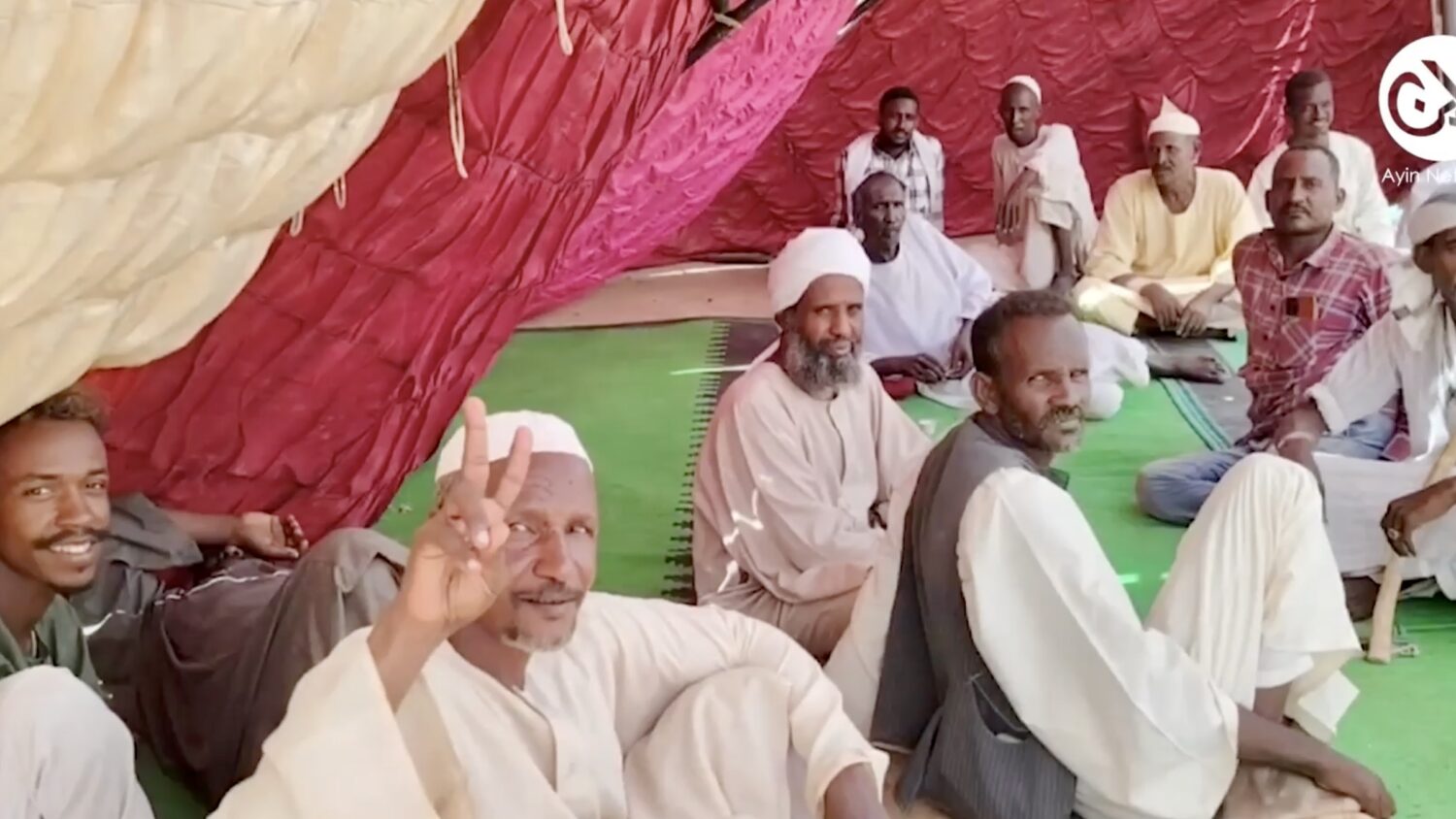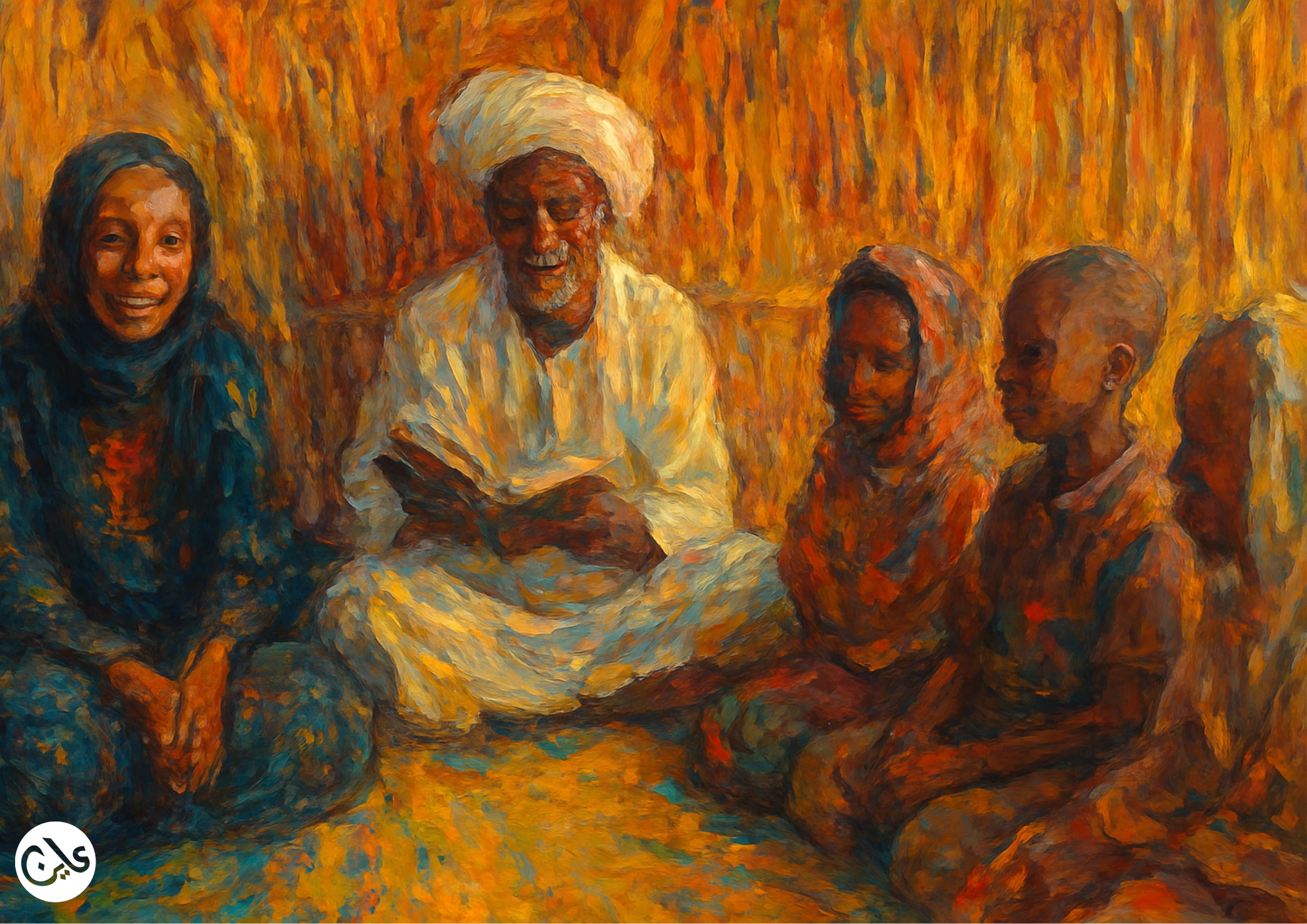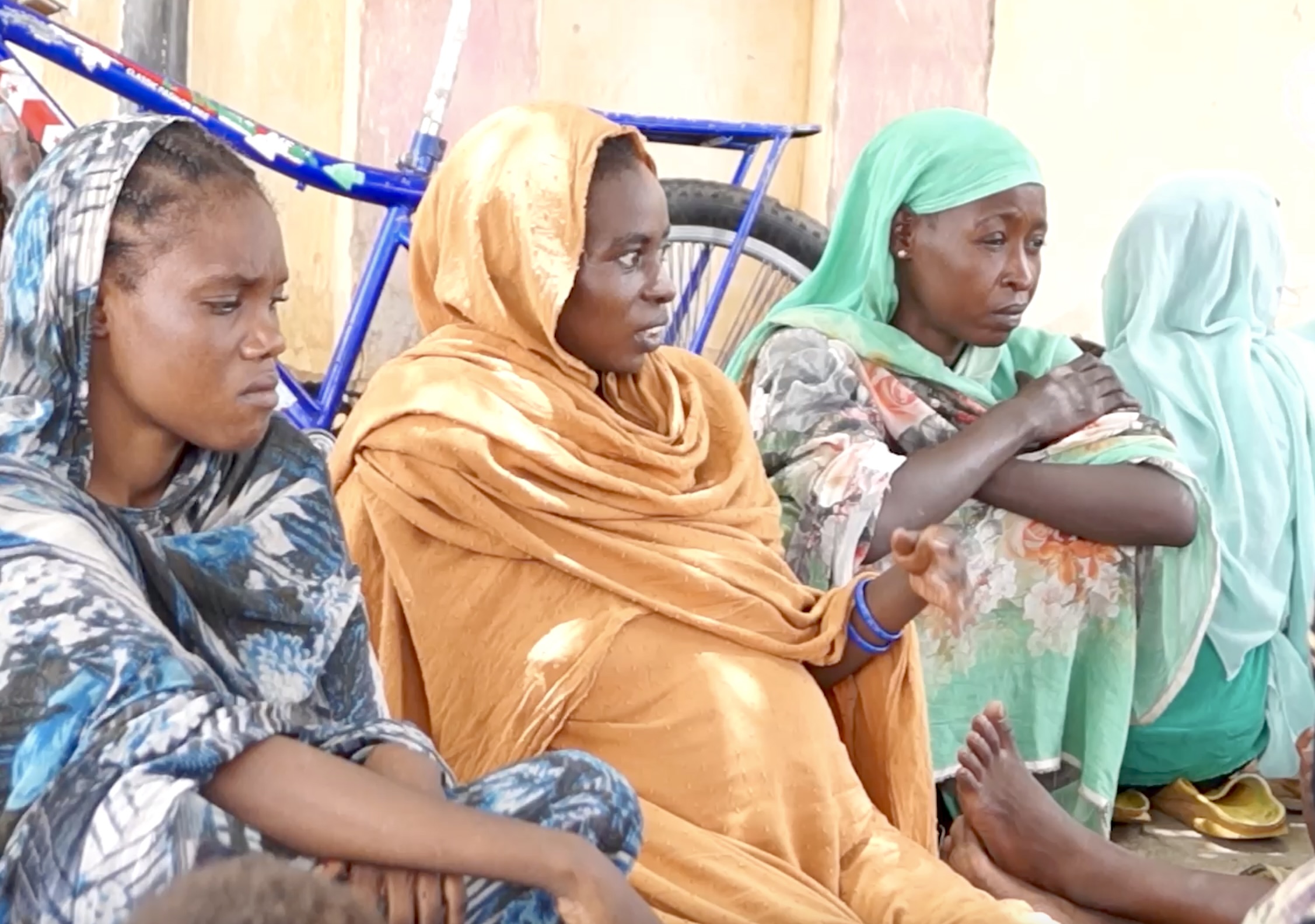Toxic gold: Residents protest mining operations across Sudan
29 July 2025
Civilians in the army-controlled areas of the country unfortunate enough to reside near gold mining sites are protesting against the unregulated use of toxins in these mining operations. From the River Nile and Northern states in the north of the country all the way down to South Kordofan in the south, they are calling on authorities to regulate a practice that has reached unprecedented levels of toxic pollution.
Gold mining is in full swing in all three states, providing income for the army and elite individuals while poisoning the populace as toxic materials are used to extract the gold and then dumped into the soil and rivers. Sudan’s war, now in its third year, has only exasperated the toxic practice further, local residents told Ayin, as mining takes place with no regulatory supervision.
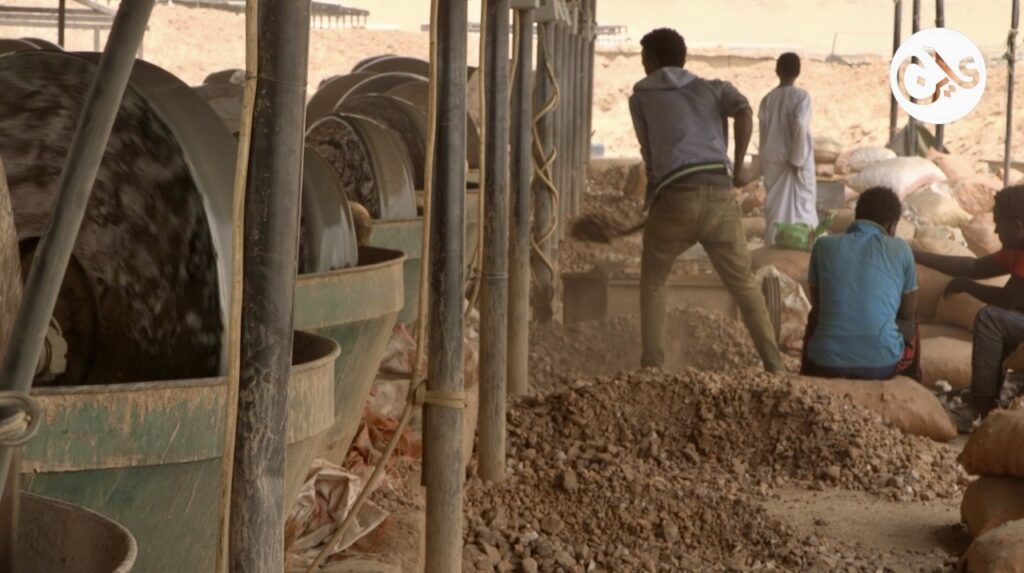
River Nile State
“In the Atbara market, and in almost all desert mining markets in River Nile State and the Northern Region, these highly toxic materials, such as mercury, thiourea, and cyanide, are openly displayed,” says Sheikh Suleiman, a traditional miner in River Nile State. “Buying and selling operations take place without any government oversight.”
Since the outbreak of war in mid-April 2023, the mining sector in northern Sudan has become unregulated and chaotic, Suleiman says, as government oversight bodies such as the Sudan Mineral Resources Company (SMRC) have gone silent. As a result, gold extraction operations have recently popped up near residential areas, where toxic chemicals such as cyanide and thiourea are used to separate the gold from the soil and then often dumped into the ground or, worse, into waterways, local residents told Ayin.
In 2024, the SMRC reported that 83% of the total gold production in the army-controlled areas of the country came from local, artisanal miners. Local miners accounted for 48 tonnes of the total declared gold production in 2024. The majority of mining companies in Sudan rely on “tailings,” a low-cost, high-profit system that extracts the remaining gold from the soil waste leftover from local miners. Artisanal miners rely on inefficient traditional methods to extract, at most, 30% of the gold from ore, leaving a significant portion of gold particles in the residue, known locally as “Karta,” says researcher Dr. Suleiman Baldo.
Traditional mining waste, known as “karta,” is processed in several basins on the ground, submerged in water, and then cyanide is added to extract the gold. During this process, the deadly cocktail of water and cyanide seeps into the soil over large areas.
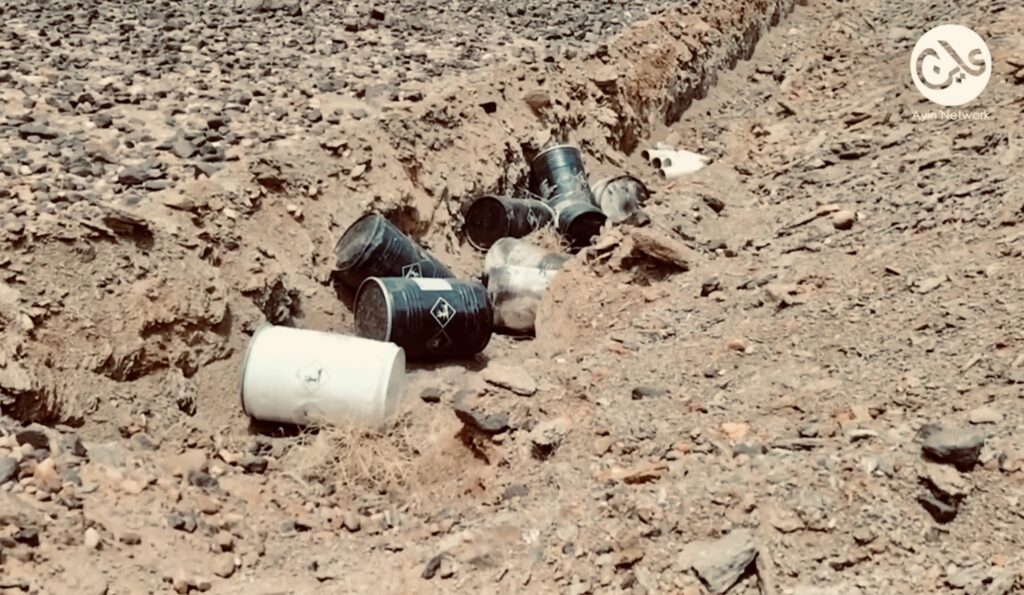
A thriving but deadly trade
While Sudan’s conflict has decimated most of the country’s economy, the gold mining sector continues to thrive—even expand in the army-controlled areas. In February, the military government in Port Sudan announced record production in 2024. The state-owned Sudan Mineral Resources Company (SMRC) claimed gold production in the army-controlled areas reached 64 tonnes in 2024, up from 41 tonnes two years earlier.
As the army continues to benefit from the trade, the unregulated processing of the yellow rock continues to affect local populations detrimentally, as toxic chemicals seep into waterways and farmlands.
A member of the River Nile State Demand Group, a civil society group opposed to the state’s hazardous mining practices, told Ayin army authorities in River Nile State have leased a multitude of plots to traditional miners near the city of Atbara. The source, requesting anonymity for security purposes, says these miners routinely use cyanide to extract the gold, dumping vast quantities of the toxic chemical into waterways in the process. Armed groups that support the army have also joined the lucrative trade, another source from the civil society group said.
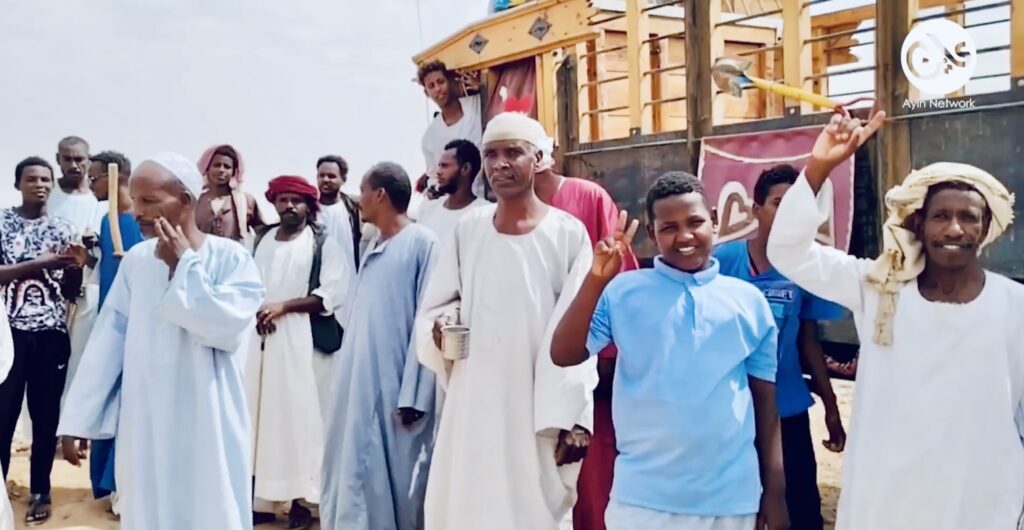
Protests in the north
On 12 July, residents of the town of Halat Younis, west of Berber in River Nile State, northern Sudan, began a peaceful sit-in to protest the indiscriminate use of cyanide in gold extraction. Residents there fear the mining industry will expand to their areas, severely affecting their lives, livestock, and farms.
“We noticed some time ago mining activity in Khor Wad Al-Qatini, which citizens rely on for agricultural irrigation and watering their livestock,” said Khaled Al-Faki Al-Khalifa, a resident of Halat Younis. “If we allow the miners to expand, we will expose our village and other surrounding villages to major health and environmental risks. Al-Khalifa says the mining operations leak cyanide into the river and rivulets, affecting their crops and livestock.
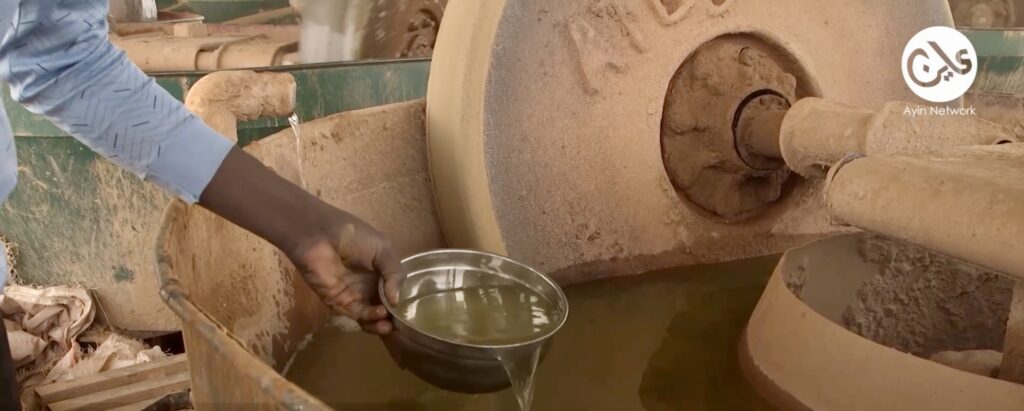
One woman from a village in the Halat Younis area reported that waterways flow through her residential area, especially during the rainy season. “This creek is filled with water, and children play in it,” she said. “Livestock come down to drink from the creek, so we see that the effect of cyanide is direct on the people of the area.” Al-Khalifa says they have evidence of cyanide dumping sites just a few kilometres from their village. After the sit-in, the villagers closed the mining sites to prevent them from expanding.
Ammar Mohammed, a resident of Halat Yunis, told Ayin four mining sites popped up in June roughly 11 kilometres from his village. They were mining directly within a stream. “We know that cyanide is a deadly substance that can cause foetal deformities and cancer,” Mohammed said. “We demand the immediate removal of the sites because autumn is approaching, and we will not end the sit-in until our demands are met, even if we lose our lives.”
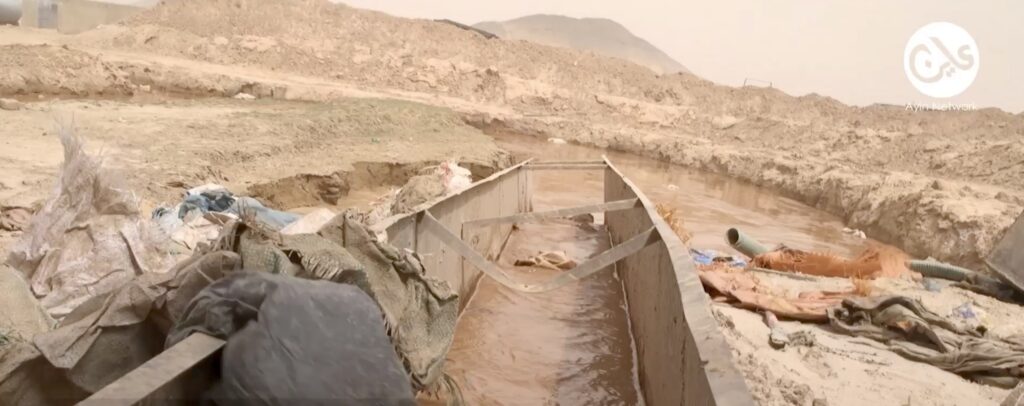
A toxic history repeats itself
In a previous interview with Ayin, environmental activist Omaima Hussein, who investigated mining waste in northern Sudan, said dozens of villages prior to the war have been affected by mining waste, including birth complications. If any of the villages protested, security forces would suppress them. “In 2022, the Military Intelligence Service arrested Russian companies linked to Wagner and the Rapid Support Forces in River Nile State, which were engaged in gold mining,” she said. The arrest did not stem from environmental protection or corruption, but rather from the ongoing disputes between Burhan and Hemedti.
The River Nile and Northern states are among Sudan’s top gold-producing regions, contributing approximately $750 million annually to the government treasury, according to Mohammed Al-Moez, an environmental researcher specialising in tracking the effects of pollution from prospecting and mining in Sudan.
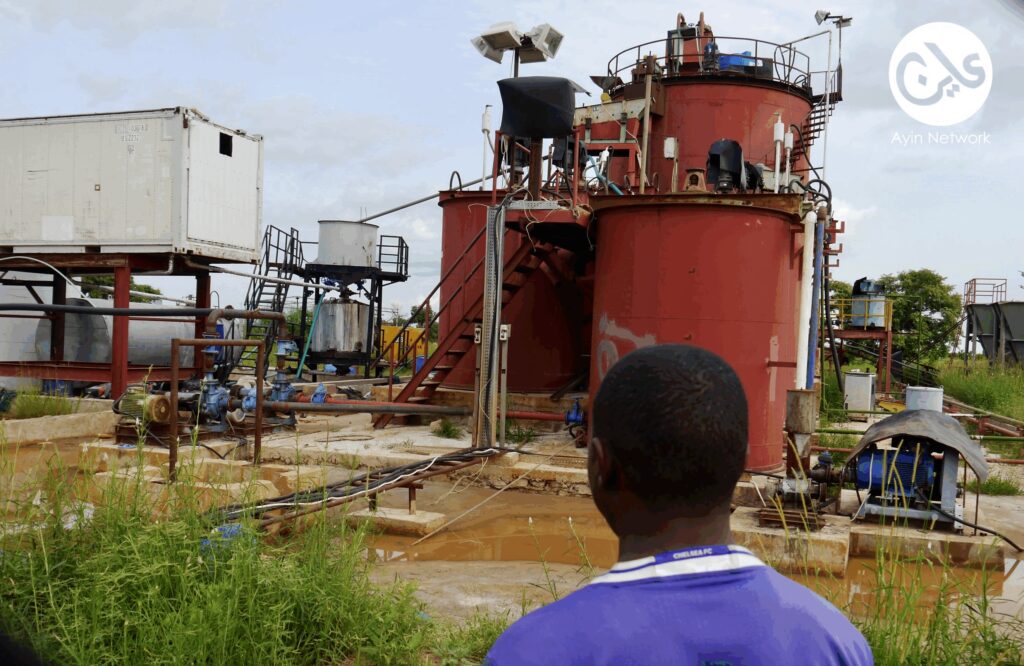
South Kordofan State
Protests against toxic mining practices are also taking place in the Kaidr locality in South Kordofan State, after local residents witnessed an increase in artisanal and karta processing mining operations in the state. “The situation in Kadir is tragic due to the illegal mining activity and the treatment of illegal excavations using cyanide dug into the ground,” says Abdul Nabi Mohammed, a leader of the anti-mining protest movement in the town. “These highly dangerous chemicals have affected every aspect of life in the Kadir locality, affecting natural pastures, agricultural lands, and drinking water.”
According to local journalist Mohamed Ibrahim, “karta” processing companies are using massive amounts of cyanide to extract gold from the ore in Kadir, taking advantage of the conflict to implement these dangerous mining practices without oversight.
Towns in South Kordofan such as Kadir, Al-Liri, and Talodi are gold-rich areas that have faced toxic mining practices for years. These towns are also fertile agricultural areas; however, farming and pastures for grazing livestock have diminished due to the mining.
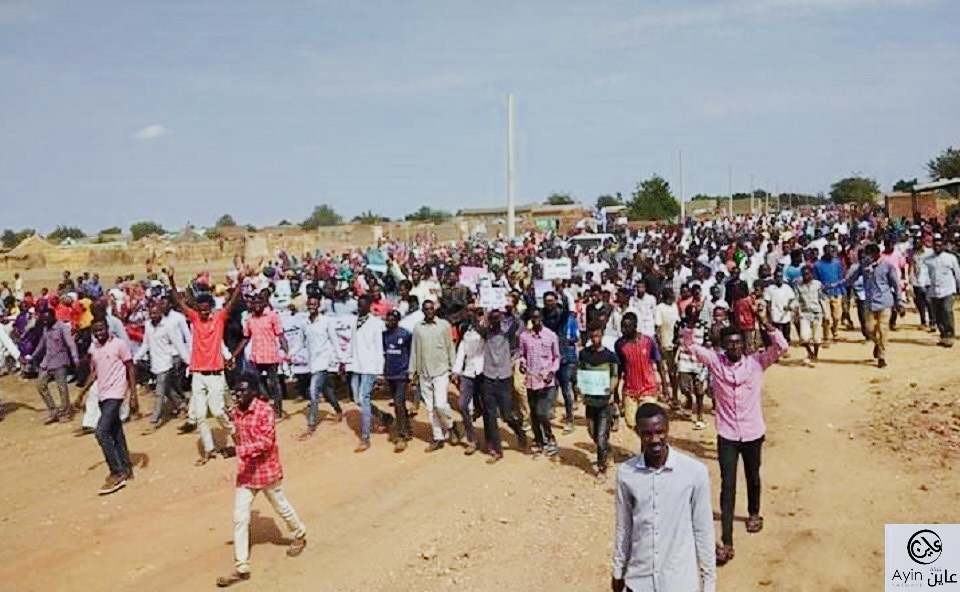
Protests in the south
Since 2016, residents of Kadir have continued to resist harmful mining activities, organising numerous protests and sit-ins. The latest took place on 10 July as citizens protested and submitted a memorandum of demands to the South Kordofan state government, calling for an immediate halt to this toxic form of mining.
In response, military intelligence in Kadir detained six activists in the capital, Kadugli, accusing them of orchestrating the protests in Kadir, local activists told Ayin. The detained include Babiker Mohamed, Al-Wali Musa, Ali Tom, Musa Omar, Saeed Abdullahl, and Youssef Abdullah. Authorities also detained Dr. Abdullah Musa in the Al-Liri area for the same reason. All were eventually released after pressure from residents.
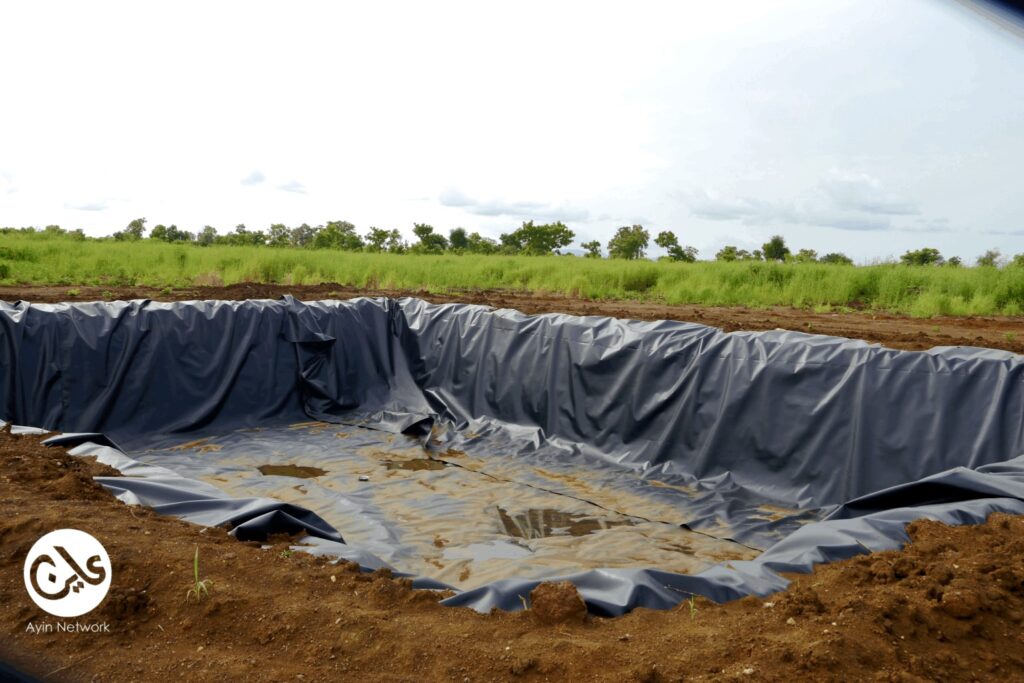
Military-owned
Given that wealthy individuals, including army officers and prominent figures in the dissolved National Congress Party, support these lucrative gold mining operations, the activists face a formidable challenge. Ibrahim says members of the former ruling National Congress Party (NCP), such as former state governor Adam al-Faki, have granted mining permits to gold mining companies. “Before the outbreak of the current war, contracts signed with these companies ignored landowners’ rights and environmental requirements and did not provide the legally mandated taxes the state required,” Ibrahim added.
Saddam Adam al-Shami, the spokesperson for the anti-mining protests in Kadir, asserts a direct connection between the mining companies operating in South Kordofan and the armed groups. Mining companies such as Al-Masar, Adam said, are owned by the military. “Armed movements allied with the army own the Mithbat Company, which also operates in Kadir,” he added. “It currently works in the field of processing traditional mining waste and is headed by a colonel. This officer’s activities have extended to recruiting young men from the area to fight in the Joint Forces, exploiting the poverty of the population.”
Abdul Nabi told Ayin that the military often accuses local residents of collaborating with the Rapid Support Forces or the Sudan People’s Liberation Movement-North as a pretext to target those who oppose the mining operations.
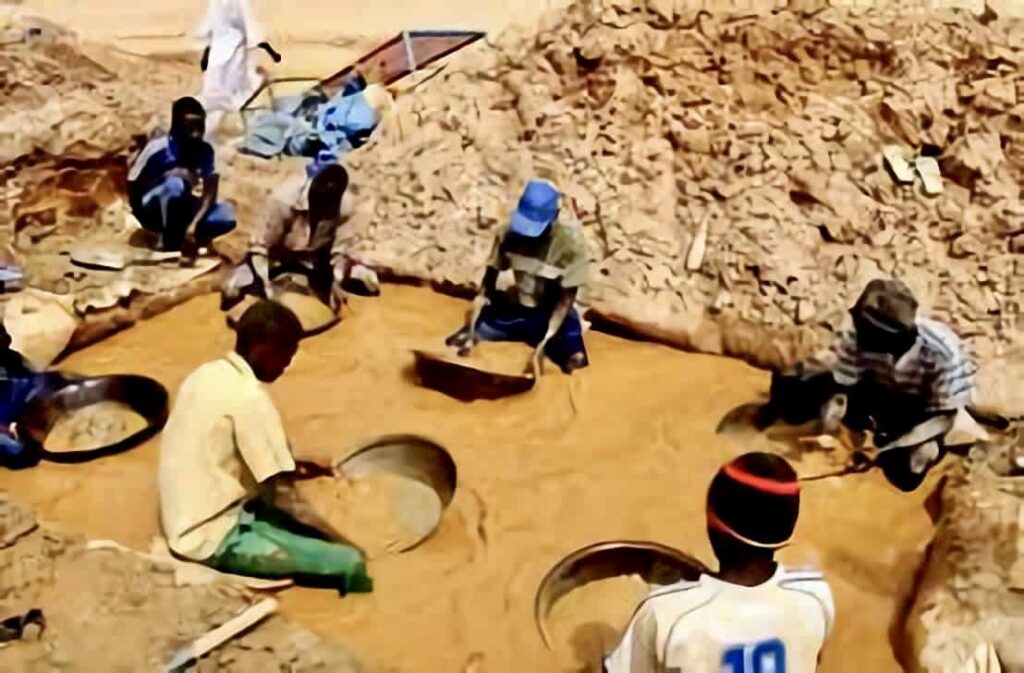
Mining, protests to continue
Despite the risks, Kadir residents continue to hold meetings to coordinate their efforts to confront the expansion of traditional mining waste treatment using cyanide, announcing their intention to issue a detailed warning statement to the local administration. Similarly, protestors in River Nile and Northern State informed Ayin that they plan to persist with their protests, including future sit-ins, against the toxic mining practice.
For the protestors in these states, their advocacy is a fight against environmental pollution as well as entrenched corruption and collusion by authorities. But given the lucrative nature of the business, there appears little fiscal incentive for the military and their allies to cease these operations. With the rainy season swiftly approaching, local residents fear the spread of toxic mining waste will only exacerbate an already toxic situation.




